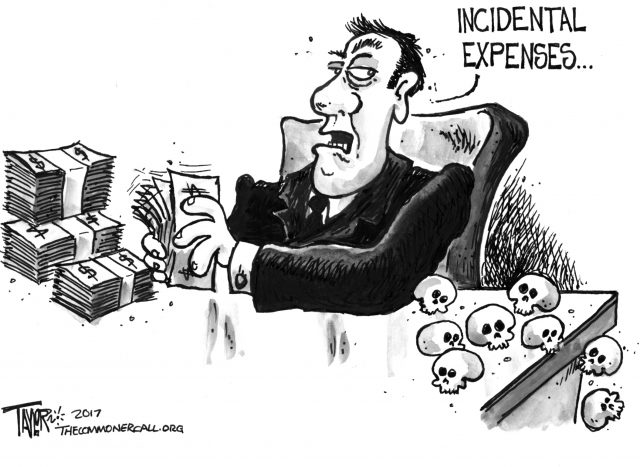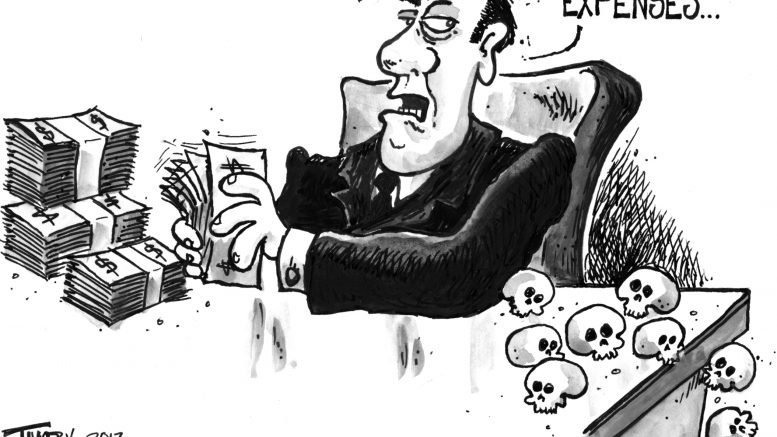
By Samantha Raphelson
Here & Now/NPR (12/5/17)
The family of a 19-year-old food delivery worker was not eligible for any kind of worker’s compensation last month after their son was struck and killed by a dump truck.
Antawani Wright-Davis died in Massachusetts while delivering food as a bicyclist for DoorDash, an app that hires workers as independent contractors. With the rise of the so-called gig economy, workers’ advocates and some state departments of labor are raising concerns about full or part-time employees who are forced to sign agreements that free their employers from keeping them safe.
Companies in the gig economy, including ride-hailing services such as Uber and Lyft, are confronting the consequences of providing flexible schedules with minimum employer responsibilities, says Jessica Martinez, co-executive director of the National Council for Occupational Safety and Health.
As a result of employers classifying these workers as independent contractors many workers unknowingly sign agreements that strip away their rights.
“Workers who work in the gig economy are making money but missing out on other standard benefits of having jobs: health care primarily but also paid sick leave and worker’s compensation,” she tells Here & Now’s Robin Young. “It’s essentially the Tinder economy. When a temp worker is done with his or her shift, the boss swipes left and claims to have no further obligation.”
This freedom from liability is troubling in an industry that is among the most dangerous in the country. Taxi drivers and chauffeurs are killed on the job at a rate five times higher than other workers, according to the National Employment Law Project.Transportation incidents accounted for almost half of on-the-job deaths across all industries, according to a 2014 Bureau of Labor Statistics report.
“These are also the people who are least used to employment and have little experience with job hazards for their work,” she says.“Temps are reluctant to call attention to safety issues. They have a fear of getting replaced or losing their jobs compared to permanent employees.”
The guiding principle behind worker’s compensation is that employers assume responsibility for providing insurance benefits, without regard to fault, to workers injured on the job. In return, employers are protected from lawsuits for work-related injuries or illnesses. …
(Commoner Call cartoon by Mark L. Taylor, 2017. Open source and free to use with link to www.thecommonercall.org )

